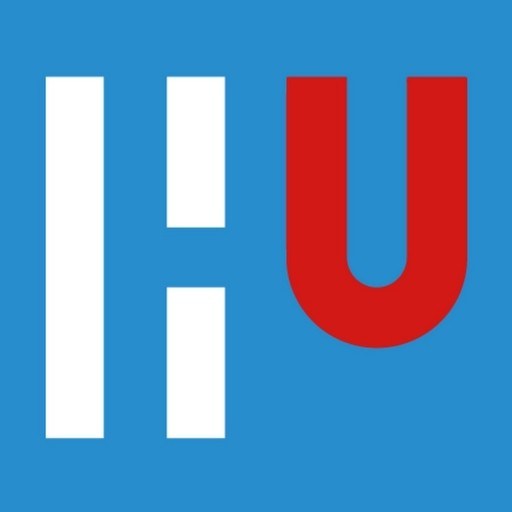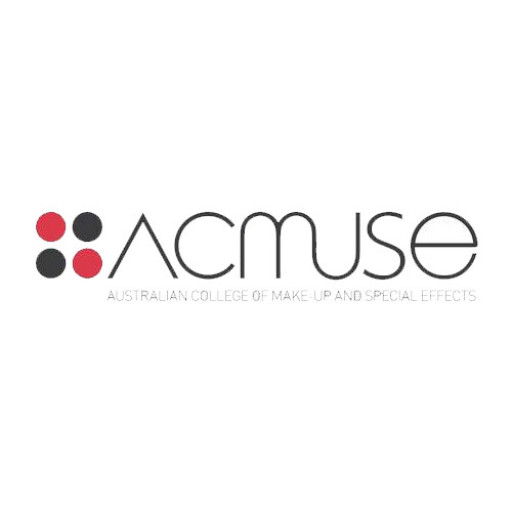Photos of university / #lundsuniversitet
Advertisement
The student can choose to specialise in English, French, General, German, Russian, Spanish, or Yiddish literature, and in Scandinavian studies. There are theoretical courses, discussing aesthetic and cultural topics of a general nature, as well as courses focused on specific literary genres, themes or historical periods. Critical attention is also given to the many forms in which literature enters the media and the public arena in contemporary society. The final examination takes the form of a Master´s thesis.
Special features of the programme:
* Courses are taught by distinguished professors, many of them internationally renowned.
* Students from all over the world contribute to a stimulating atmosphere in our classes.
* The Centre for Languages and Literature provides an invigorating intellectual and social environment for the programme.
Career prospectsThe programme serves as preparation either for further academic studies (PhD) or for a professional career in the field of literature, culture and media.
Programme structureTerm 1.1. Compulsory course in The Aesthethics of Intermedial Culture (15 ECTS-credits).2. Advanced courses within the individual subjects, offered by the various divisions at the Centre for Languages and Literature and taught in their respective languages.a) The Swedish Literary Canon - a Historical and Theoretical Perspective (15 ECTS-credits) or Ibsen and Strindberg (15 ECTS-credits)b) English Literature (15 ECTS-credits) or American Literature (15 ECTS-credits)c) The Role of Authors and Intellectuals in the French Public Sphere (15 ECTS-credits) or French Literature in the World (15 ECTS-credits)d) Latin American Literature in the Twentieth Century (15 ECTS-credits) or Latin America Cultural Icons (15 ECTS-credits)e) German Literature after the Wall (15 ECTS-credits) or Post-World War II German Literature (15 ECTS-credits)f) Russiang) Yiddish Literature after 1945 (15 ECTS-credits) or Yiddish Modernism, 1907-1954 (15 ECTS-credits)h) Advanced Russian Literature (15 ECTS-credits) or Russian Modernism 1890-1928 (15 ECTS-credits)Term 2.3. Advanced courses within the individual subjects, offered by the various divisions at the Centre for Languages and Literature and taught in their respective languages (15 ECTS-credits)4. Either of three options:a) Individual choice of course at post-graduate or under-graduate level offered by the various divisions at the Centre for Languages and Literature and taught in their respective languages. Students are particularly encouraged to broaden their scope and study compatible courses abroad or at other Swedish universities.b) World Literature and Intercultural Understanding offered by the Centre for Languages and Literature and taught in English (15 ECTS-credits). The course is divided into two parts:a) World Literature (7,5 ECTS-credits)b) Translation, Interpretation and Transformation (7,5 ECTS-credits)c) For students who leave the programme after one year: A short thesis (approx. 13.000 words).Term 3.5. Compulsory course in Literary Theory and Methods (15 ECTS-credits) offered by the Centre for Languages and Literature (15 ECTS-credits). The course is divided into three parts:a) The Human Subject in Literature (5 ECTS-credits)b) Language in Literature (5 ECTS-credits)c) Reality in Literature (5 ECTS-credits)6. Individual choice of course at post-graduate or under-graduate level offered by the various divisions at the Centre for Languages and Literature and taught in their respective language. Students are particularly encouraged to broaden their scope and study compatible courses abroad or at other Swedish universities. Term 4.7. Writing of a Master's thesis (approx. 25.000 words) in Literature - Culture - Media, specialising in either English, French, General, German, Spanish, Russian, Scandinavian Literature or Yiddish (20 weeks, 30 ECTS-credits).There will be joint compulsory seminars. Each student will present and defend his/her Master's thesis at one of these seminars.
Want to improve your English level for admission?
Prepare for the program requirements with English Online by the British Council.
- ✔️ Flexible study schedule
- ✔️ Experienced teachers
- ✔️ Certificate upon completion
📘 Recommended for students with an IELTS level of 6.0 or below.
Lund University Global Scholarship programmeThe Lund University Global Scholarship programme is targeted at top academic students from countries outside the EU/EEA (and Switzerland). You apply for a Lund University Global Scholarship after you have applied for the programme/or free-standing course you wish to study at Lund University.
Programme-specific scholarships
Some programmes may have specific scholarships connected only to the programme or the subject area.
Erasmus Mundus Action 1Lund University is a partner in several Erasmus Mundus joint programmes (Action 1). As a student on these Master's programmes you can get a scholarship that can cover both tuition fees and living expenses. Details can be found on the Erasmus Mundus programme pages.
Erasmus Mundus Action 2Lund University is a partner in several Erasmus Mundus Action 2 "lots".If you are from an eligible country you can apply for a scholarship to come to Lund University. Scholarships are available to academic staff, PhD students, Master's students and Bachelor's students and can cover both tuition fees and living expenses.
Swedish Institute scholarshipsThe Swedish Institute offers several scholarship programmes for international students studying at Bachelor's, Master's, PhD and post-doctoral levels.
Swedish Institute Study Scholarship:
The Swedish Institute Study Scholarships target highly qualified students across two categories:
Category 1: Students from the following 12 developing countries: Bangladesh, Bolivia, Burkina Faso, Cambodia, Ethiopia, Kenya, Mali, Mozambique, Rwanda, Tanzania, Uganda and Zambia. Category 2: Students with citizenship from countries on the DAC list (note there are some exceptions).
Other Swedish Institute Scholarships:
* Visby Programme - Swedish Institute Baltic Sea Region
* Swedish Institute Scholarships for East Europe
* Swedish-Turkish Programme
US Student FinanceLund University is a participating institution in the US Government Federal William D. Ford Direct Loan Program for undergraduate, Masters and doctoral programmes. This includes the Stafford Loans and the Graduate Plus Loans. Please note that this loan programme is only available to US citizens or eligible non-citizens.







